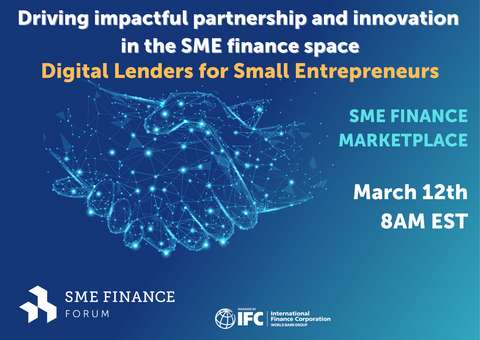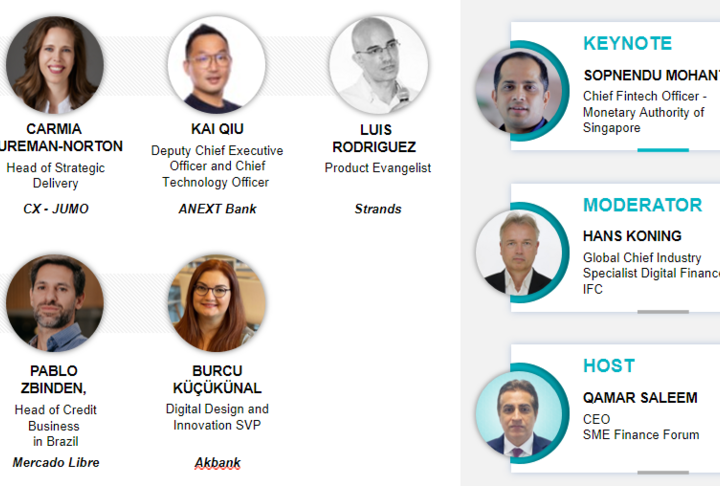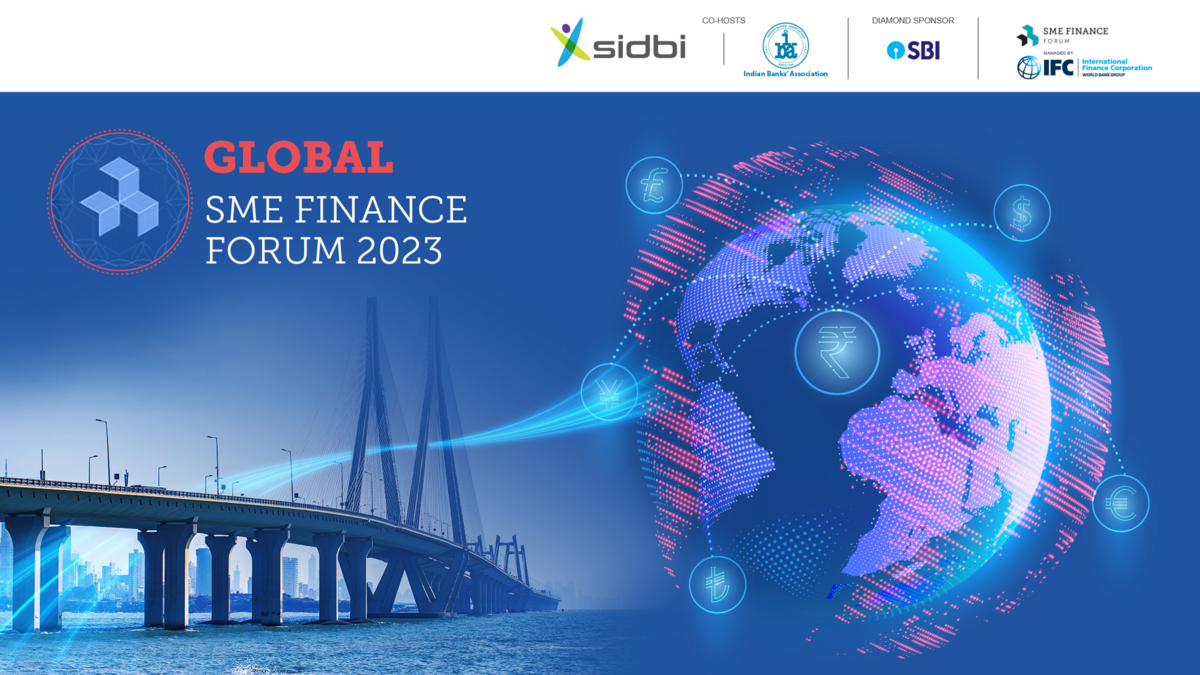Blog
SME Finance Virtual Marketplace - Digital Lenders for Small Entrepreneurs

During our latest Marketplace on March 12th, the fintech invited highlighted how they serve small businesses in emerging markets to address the needs of underserved segments. Either through direct lending operations or partnering with financial institutions, Prestamype, Validus Q-lana, Vexi and Kaleidofin are strategically targeting small entrepreneurs to facilitate their access to finance and foster financial inclusion.
The services they offer help SMEs overcome traditional barriers to credit, improve their cash flow management, and support their expansion and sustainability.
Fintech key trends
Fintech has rapidly grown over the past 15 years. The number of fintech companies has surged to over 30,000 globally, with significant activity during the pandemic. This growth is not limited to developed economies as emerging markets in Asia Pacific, Latin America, and Africa are also witnessing a fintech boom.
In 2022, global banking revenues surpassed $6.5 trillion, with fintechs contributing 5% ($150–205 billion). This share is projected to grow to over $400 billion by 2028, representing a 15% annual growth rate, which is triple the industry's overall growth rate of 6%. Emerging markets will drive much of this growth, increasing their share of global fintech revenues from 15% to 29%.
The fintech market is seeing a wave of mergers and acquisitions, with over 1,000 transactions annually, amounting to more than $100 billion. Traditional financial institutions are acquiring fintech companies to gain digital capabilities and remain competitive. Venture capital investment in fintech remains robust, with $50 billion invested in nearly 4,000 companies last year. Early-stage fintech companies, particularly those in Series A, are receiving substantial funding to fuel their growth.
AI-driven systems enhance credit accessibility and improve risk assessment, compared to traditional lending systems, making it easier for SMEs to obtain financing.
Women small entrepreneurs are underrepresented in fintech portfolios, especially in lending-focused firms. This is partly due to the difficulty in identifying women-owned businesses. While many fintech companies collect sex-disaggregated data, less than a third use it to tailor products and services for women. However, those that do find that women are loyal and less risky customers. IFC's report, "Her Fintech Edge," highlights the need for fintech firms to actively target and serve women customers.
Case Studies
Prestamype
Prestamype is the largest MSME lending fintech in Peru, with over eight years of data on its clients and accelerated growth. The company offers asset-backed working capital loans, online factoring, and digital currency exchange services. Prestamype's portfolio balance reached $75 million in February 2024, with $140 million disbursed in 2024 alone. The company focuses on underserved MSEs that face high interest rates, long disbursement times, and limited access to formal financial services.
Prestamype's core products include asset-backed loans with an average ticket of $25,000, disbursed within three weeks, and B2B invoice financing with an average ticket of $12,000, disbursed within 24 hours.
The company aims to become the first digital bank for MSEs in Peru, providing a robust ecosystem of financing solutions and digital tools. 67% of Prestamype's loans are disbursed in low-income areas and 43% of their clients are women. The company also offers financial literacy and digital skills training through its blogs and YouTube channel, reaching over 6,000 active clients.
Validus
Validus is Southeast Asia's leading SME supply chain financing platform, trusted by over 150 anchor partners and top regional and international banks. The company operates in core markets like Indonesia and Thailand, with a strong presence in Singapore, India, and Vietnam.
Validus leverages alternative trade data to validate lending transactions and mitigate fraud risk. The platform manages the entire lending cycle, from origination to collections, making it easier to serve high-frequency transactions. Validus's anchor-led model allows it to access borrowers at low acquisition costs and minimize fraud-driven non-performing loans. The company's proprietary transaction portal and end-to-end tech platform ensure a seamless financing experience for borrowers. Validus has built a time-tested underwriting model over eight years, utilizing transaction data and proprietary variables to establish a strong competitive edge and high entry barrier.
Vexi
Vexi is a credit card service provider in Mexico, targeting the underserved middle class. The company offers lower interest rates and fees compared to traditional banks and neo banks. Vexi's success is attributed to its vertically integrated technology, which includes its own core banking system and payment processor. The company has developed its own credit scoring system and anti-fraud models, resulting in a low capital loss rate of 2.7% and a gross margin of 56%. Vexi's customer retention rate is high with 65% of customers remaining after the first year. Within the company, 45% of customers use their credit card to grow their personal businesses and 85% to cover emergencies. The company aims to become a one-stop-shop for financial services for the emerging middle class in Latin America, with plans to expand beyond Mexico. The company also plans to launch additional financial products, such as personal loans, savings, and investments, to further support its customers.
Q-lana
Q-lana provides a comprehensive and flexible loan management system. The platform supports various stages of the loan lifecycle, including client acquisition, loan application, assessment and approval, processing, monitoring and collection.
The platform handles a broad range of workflows, from fast-moving scoring-based loans to complex large corporate exposures. Q-lana's knowledge-based lending approach integrates quantitative and qualitative information, enabling financial institutions to make informed lending decisions based on real-time data analytics. The platform's flexibility and continuous advancement through low-code and zero-code configurations make it a valuable tool for banks and fund managers. Q-lana also offers advanced risk monitoring and portfolio management, enhancing the overall efficiency and effectiveness of financial institutions.
Kaleidofin
Kaleidofin is a fintech platform active in India, Bangladesh and Kenya. The company offers a credit assessment proprietary tool to help NBFI, DFI and MFI serve the informal MSME sector. Kaleidofin has its own NBFI license. The company uses supervised AI / ML score for credit decisioning and real time instant credit decisioning embedded into lending flow via low code API and no code business rules. They serve 6.3 million customers, 80 % of which are SMEs and nano businesses. Among those businesses, a large portion are women-owned small businesses. Kaleidofin's customer-centric model and use of data analytics have been key to its success.










